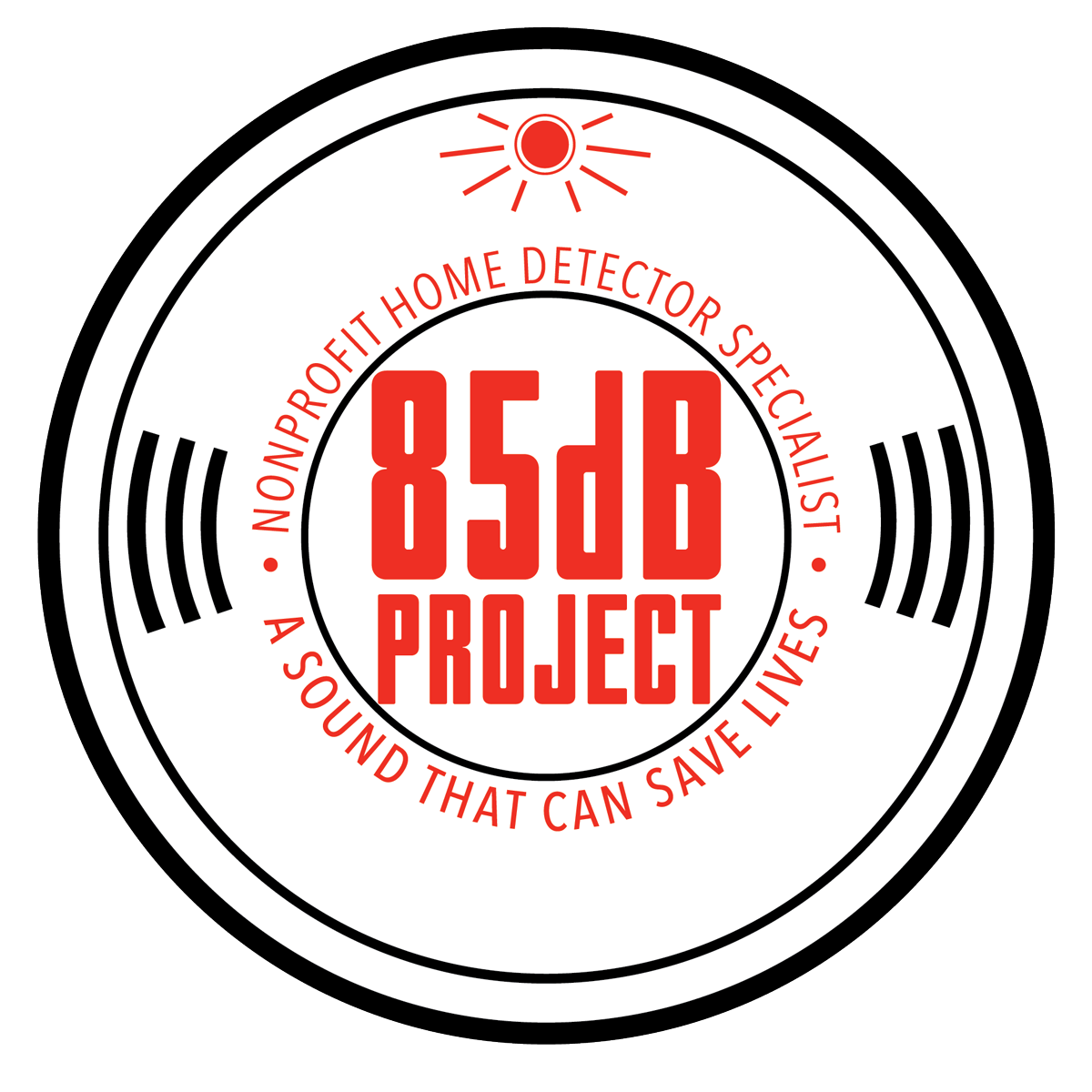It is alarming to learn that over 150 individuals in the United States lose their lives each year due to accidental nonfire-related carbon monoxide poisoning. Carbon monoxide, also known as CO, is a gas that lacks color and odor, making it even more dangerous. This type of poisoning can happen when fuel-burning devices like furnaces, heaters, or generators malfunction or are not adequately ventilated. It is crucial to ensure the proper functioning and ventilation of these appliances to prevent such tragic incidents from occurring.
Breathing in high levels of CO is not only dangerous but can also be fatal. It’s crucial to take the necessary steps to protect your family from this silent threat. Exposure to high levels of carbon monoxide can lead to symptoms such as headaches, dizziness, nausea, confusion, and even loss of consciousness or death in severe cases. This makes it imperative for every household to have a reliable carbon monoxide detector installed.
By installing and regularly maintaining CO detectors in your home, you can ensure early detection and receive a warning if there is a presence of CO. Don’t underestimate the importance of these simple yet life-saving devices when it comes to safeguarding your loved ones.
For enhanced safety measures, it is recommended to install carbon monoxide (CO) detectors strategically throughout your home. Place them in a central location outside each separate sleeping area, as well as on every level of your house. This ensures that any potential CO leaks will be detected promptly and appropriate action can be taken.
To ensure the efficient operation of your appliances, it is essential to keep the vents for your dryer, furnace, stove, and fireplace free from any obstructions such as snow or debris. By clearing these vents regularly, you can maintain optimal performance and prevent potential hazards. Don’t overlook this simple yet crucial task in maintaining a safe and functional home environment.
Additionally, when using portable generators, always remember to operate them outdoors in well-ventilated areas, far away from any doors, windows or vents. This precaution helps prevent the accumulation of harmful gases indoors and ensures the wellbeing of you and your loved ones.


